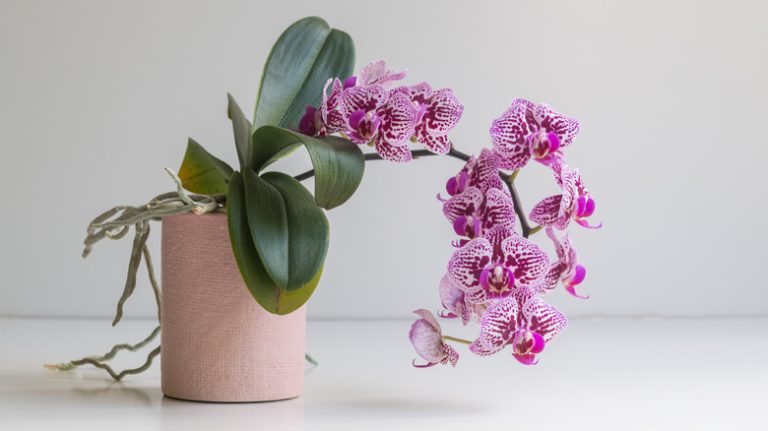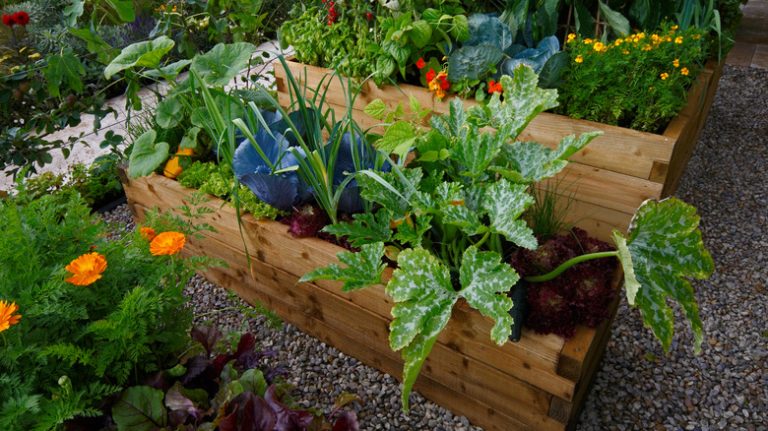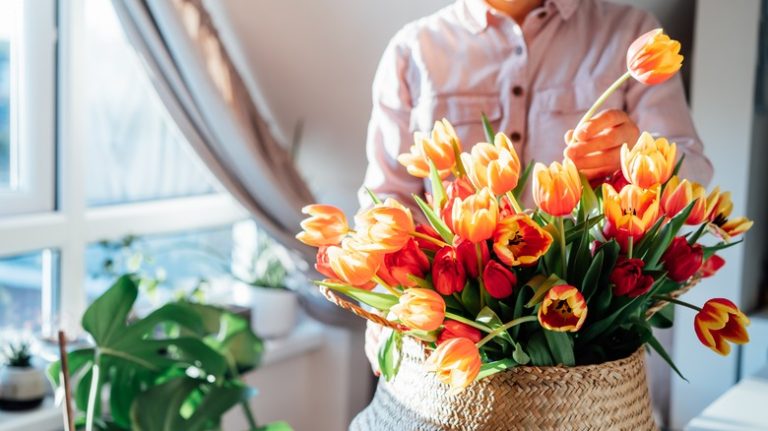Daylilies, scientifically known as Hemerocallis, are incredibly adaptable and can endure varying levels of moisture, according to the University of Minnesota. Their ability to survive without too much care makes them a favorite among gardening novices and experts alike, but their forgiving nature doesn’t mean they should be left to the whims of nature. If you’re looking to add these vibrant blossoms to your garden, you mainly need to know the proper watering routine to ensure they achieve optimal growth and flaunt their stunning blooms all season long.
The frequency and depth of watering are two essential aspects to consider. As a rule of thumb, daylilies should be watered daily after being planted, with continuous watering once a week thereafter. Additional water may be needed, which you can determine by looking at the plant. Wilting leaves are tell-tale signs that your daylilies are not receiving adequate water. When properly hydrated, daylilies maintain a robust and full appearance.
The method you use to water these hardy perennials is equally vital. Common approaches include drip irrigation or soaker hoses, which ensure slow, direct delivery to the roots, and minimize water wastage due to evaporation. While this introduction provides a brief overview of the best method for watering daylilies, the subsequent sections will delve into the specifics, aiding you in fostering a thriving garden.
Understanding the needs of your plant
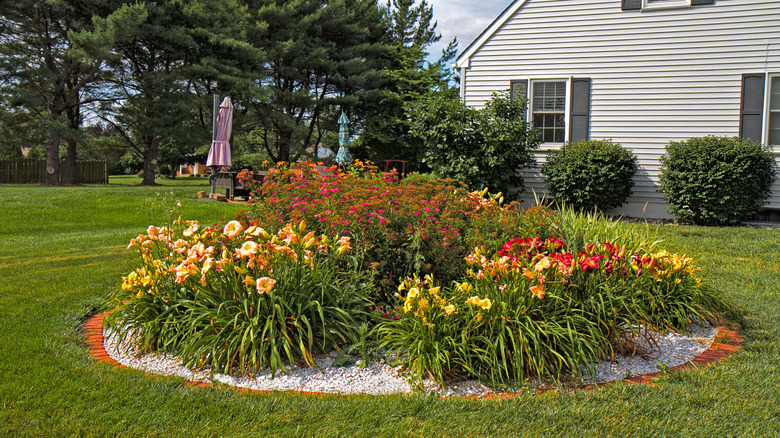
As mentioned above, water your daylilies once a week. Do not do so more than twice weekly. They prefer a thorough watering that reaches their deep root systems instead of frequent shallow watering. However, this method may not apply to all daylily types. Species lilies like a good, deep watering about once a week, down to six inches. Hybrid daylilies, on the other hand, prefer being watered lightly but more often, every 2-3 days, and only need water about 2-3 inches deep.
That being said, too much water hurts daylilies. Keep the soil damp, not wet. If the soil is dry when you touch it, water your plants. It’s about finding the middle ground — not too dry, not too wet. Also, mature daylilies don’t require frequent watering since they have a high tolerance for drought, adapting to survive in less-than-ideal conditions. Unless you’re experiencing particularly dry weather, you usually don’t need to water your daylilies regularly. They’re perfectly capable of taking care of themselves, making them a low-maintenance, high-reward addition to your garden.
Adopting the best watering techniques
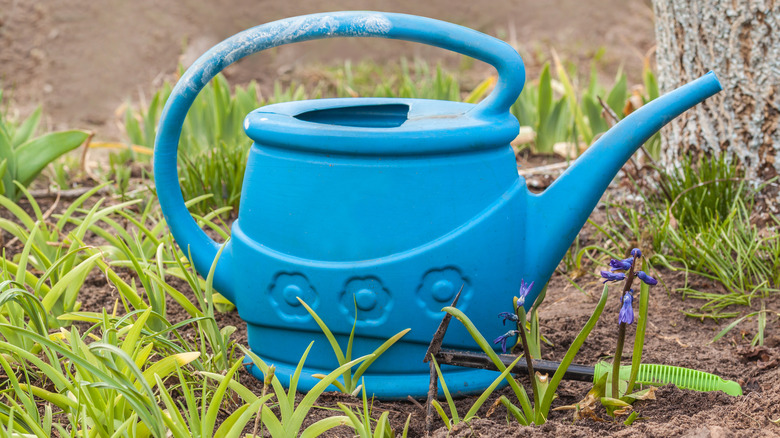
Now that you understand the watering needs of your daylilies, it’s time to focus on technique. The best time to water your daylilies is in the early morning. This schedule allows the water to soak deep into the soil before the midday heat causes evaporation. Furthermore, any water that gets on the foliage will have time to dry out during the day, reducing the chance of fungal diseases.
The best methods for watering daylilies are drip irrigation or soaker hoses. These watering systems provide a slow, steady supply of water directly to the roots, reducing evaporation and ensuring deep soil penetration. When watering, aim at the plant’s base, soaking the soil around the root ball to ensure it’s well hydrated. Monitor your daylilies to ensure they’re not wilting or showing signs of dryness between waterings.
Also, remember that the soil type in your garden may also influence this schedule, with sandy soil requiring more frequent watering and clay soil needing less. For example, sandy soil drains quickly and may require more frequent watering. Clay soil, on the other hand, retains water longer, reducing the need for frequent watering. It’s essential to strike a balance; too much water could lead to root rot, while too little could cause wilting and hinder bloom production.

